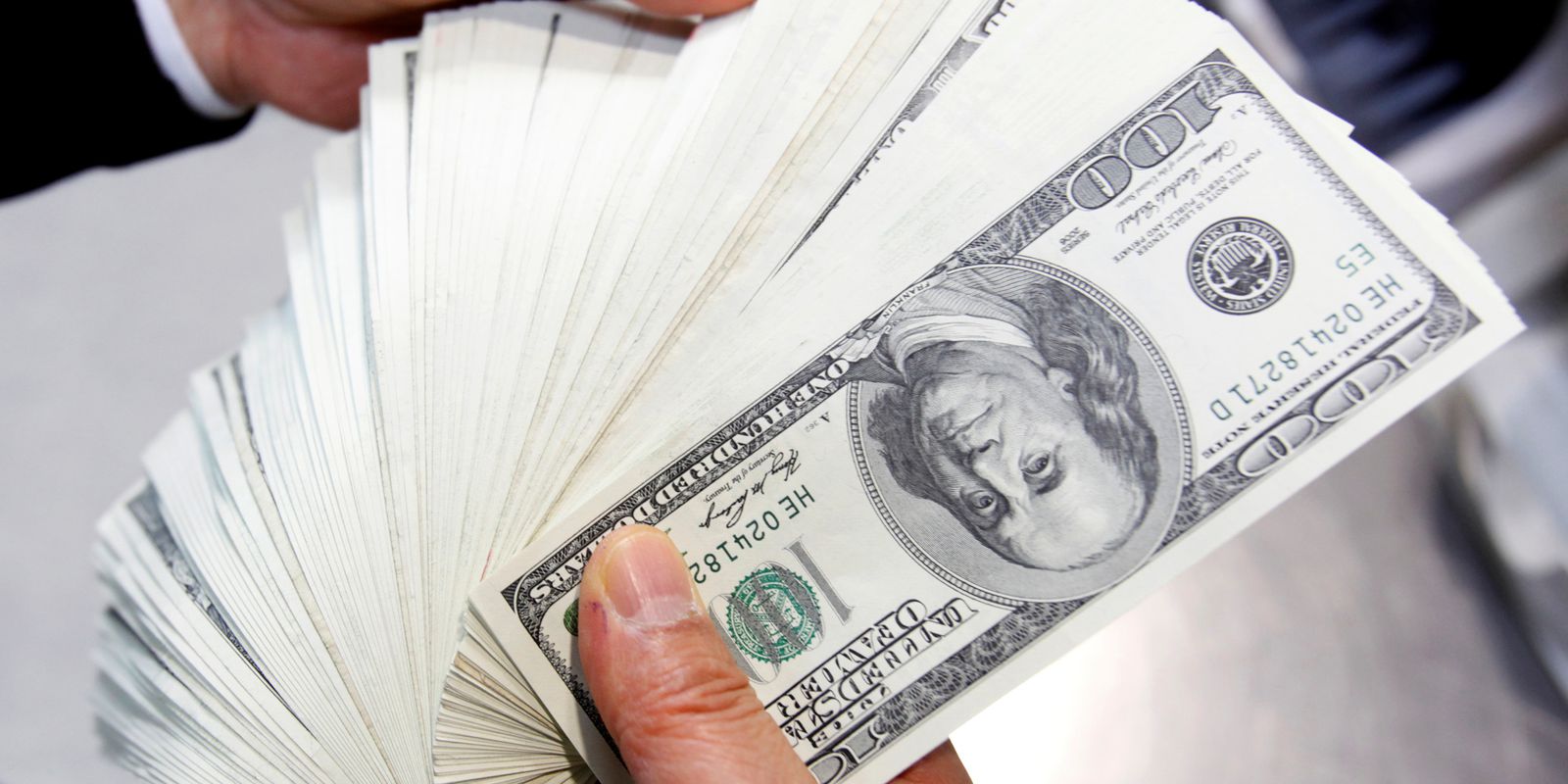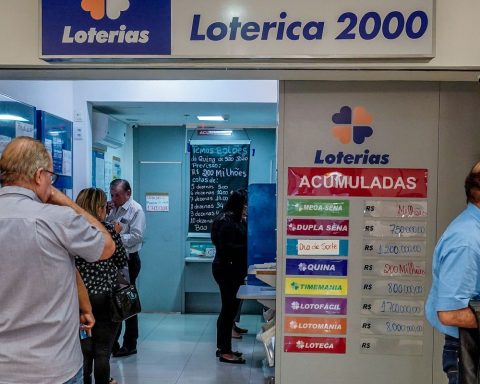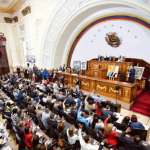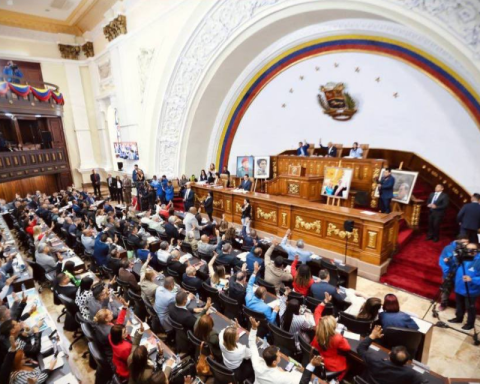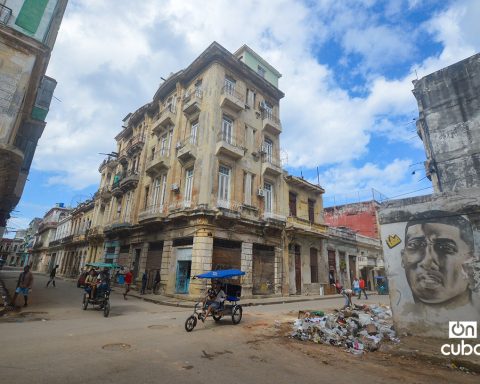On a day of expectations in the foreign market, the dollar rose again, but ended the second week in a row down. The stock market alternated highs and lows and ended with a slight drop, but ended the week with gains, approaching 109 thousand points.
The commercial dollar ended this Friday (21) sold at R$5.455, up by R$0.039 (+0.72%). The price even dropped between late morning and early afternoon, reaching R$5.40 around 1:30 pm. However, the US currency accelerated in the closing hours of trading.
Despite today’s high, the currency ended the week with a decline of 1.05%. In the first days of 2022, the dollar accumulates a fall of 2.16%.
The stock market had a similar day. The B3 Ibovespa index closed at 108,942 points, down 0.15%. As in recent days, the indicator was boosted by shares of companies linked to commodities (primary goods with international quotations) and the retail sector, but the poor performance of US stock exchanges influenced the Brazilian market.
Even with today’s drop, the stock market closed the week up 1.88%. In 2022, the appreciation reaches 3.93%. Two weeks ago, the Ibovespa came to accumulate losses of 12% this year.
The Brazilian market had a quiet day compared to abroad. In anticipation of the Federal Reserve (Fed, US Central Bank) meeting next week, US stock markets fell and yields on the country’s Treasury bonds (considered the safest investments in the world) rose again. Higher rates in advanced economies encourage the flight of resources from emerging countries such as Brazil.
Despite international pressure, emerging markets were less affected than usual. Among investors, the idea prevailed that the effects of the tightening of US monetary policy are priced (incorporated into prices) in developing countries.
On Tuesday (25) and Wednesday (26), the Fed holds its first meeting of the year. Although the meeting should not result in a rise in interest rates in the United States, the market expects the body to provide signals for the March meeting, when the first adjustment should take place after the beginning of the covid-19 pandemic.
*With information from Reuters
